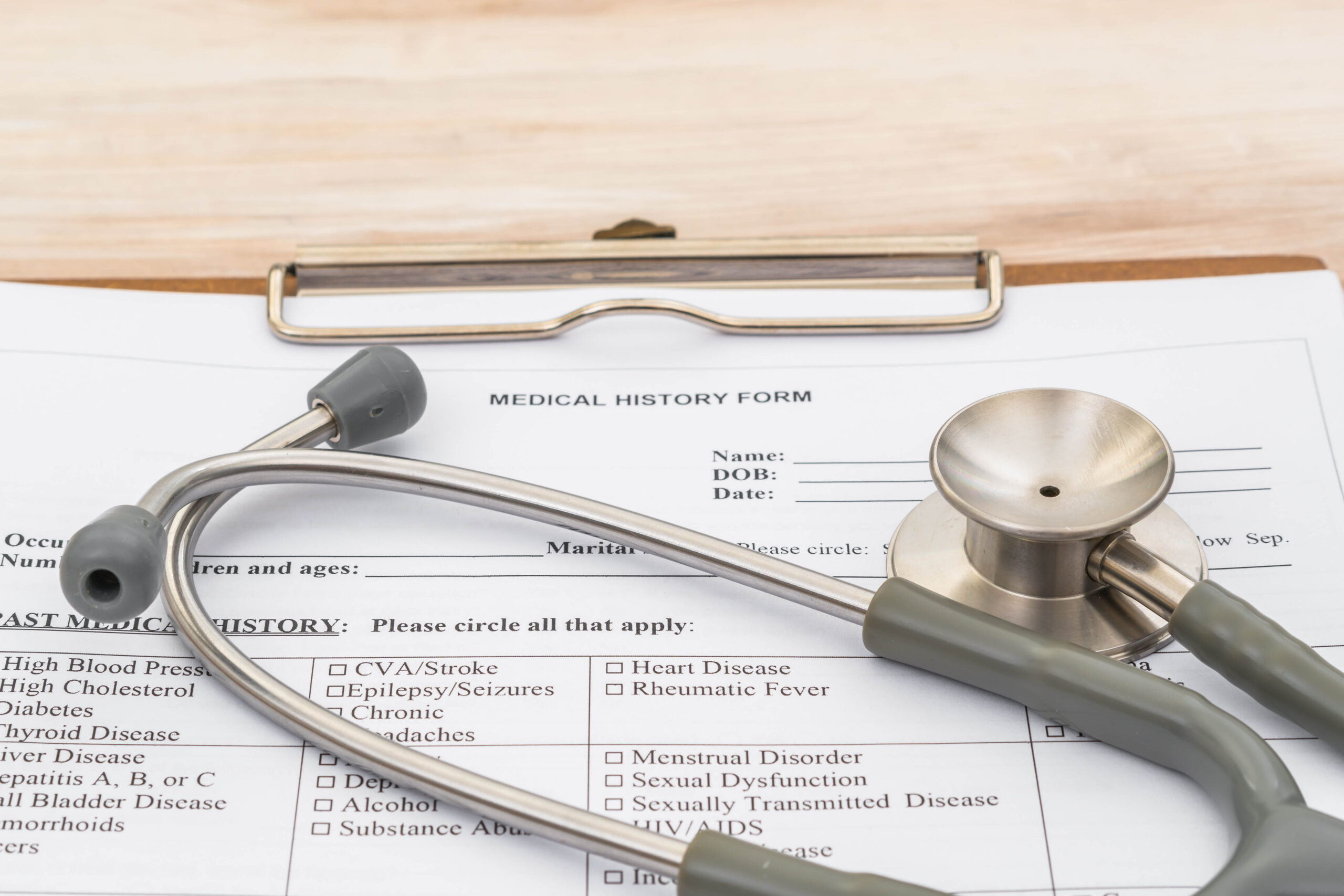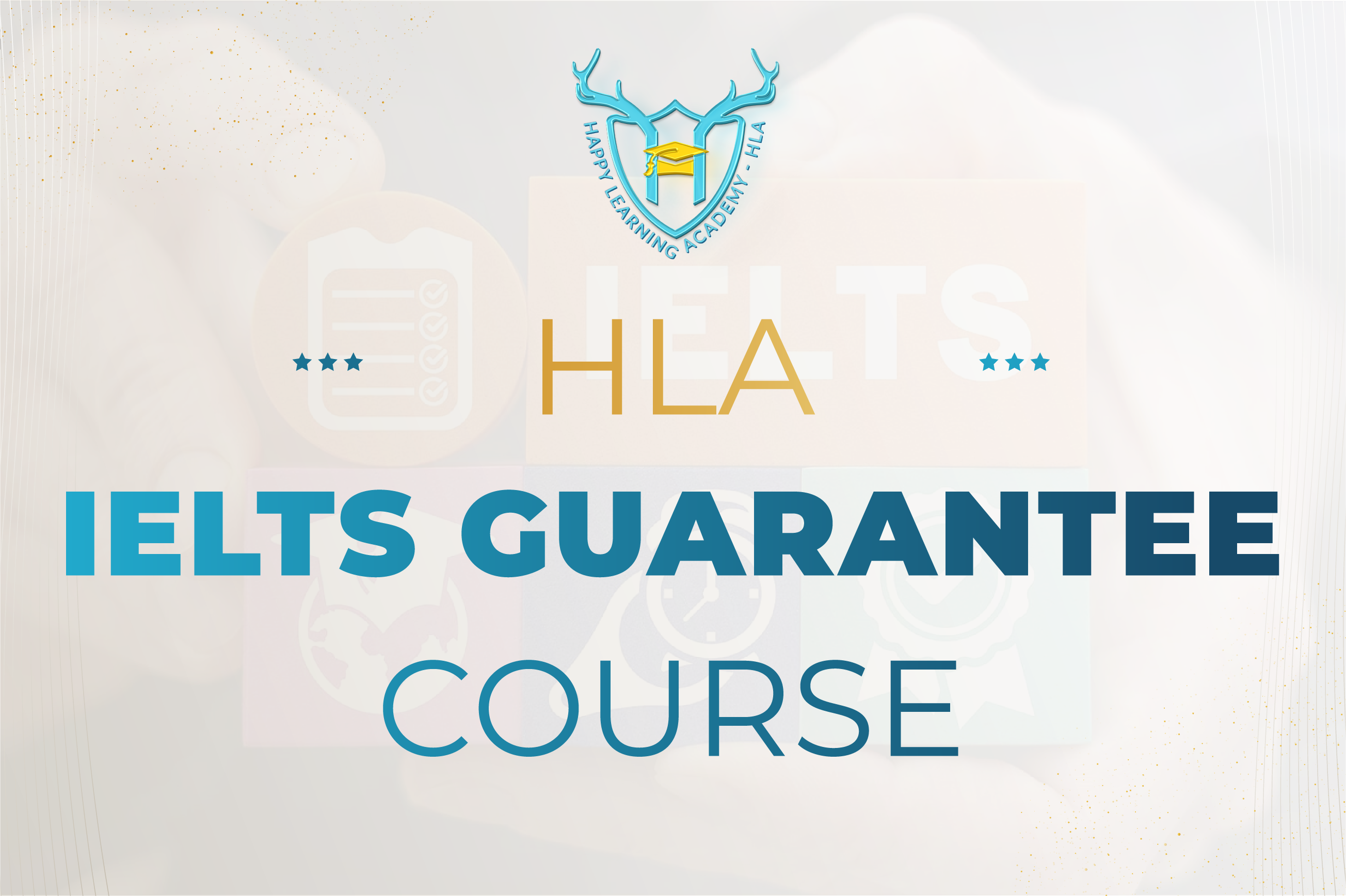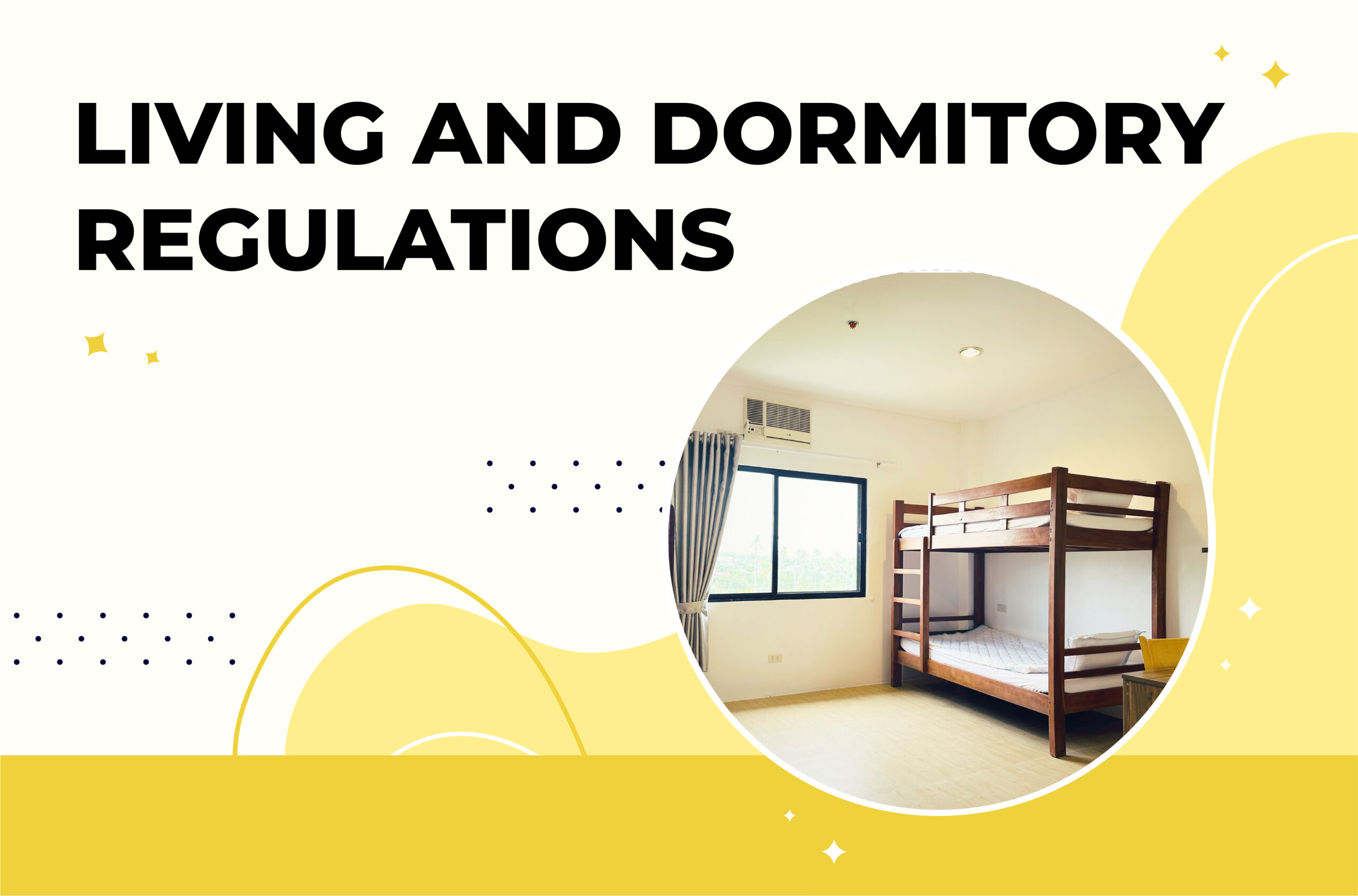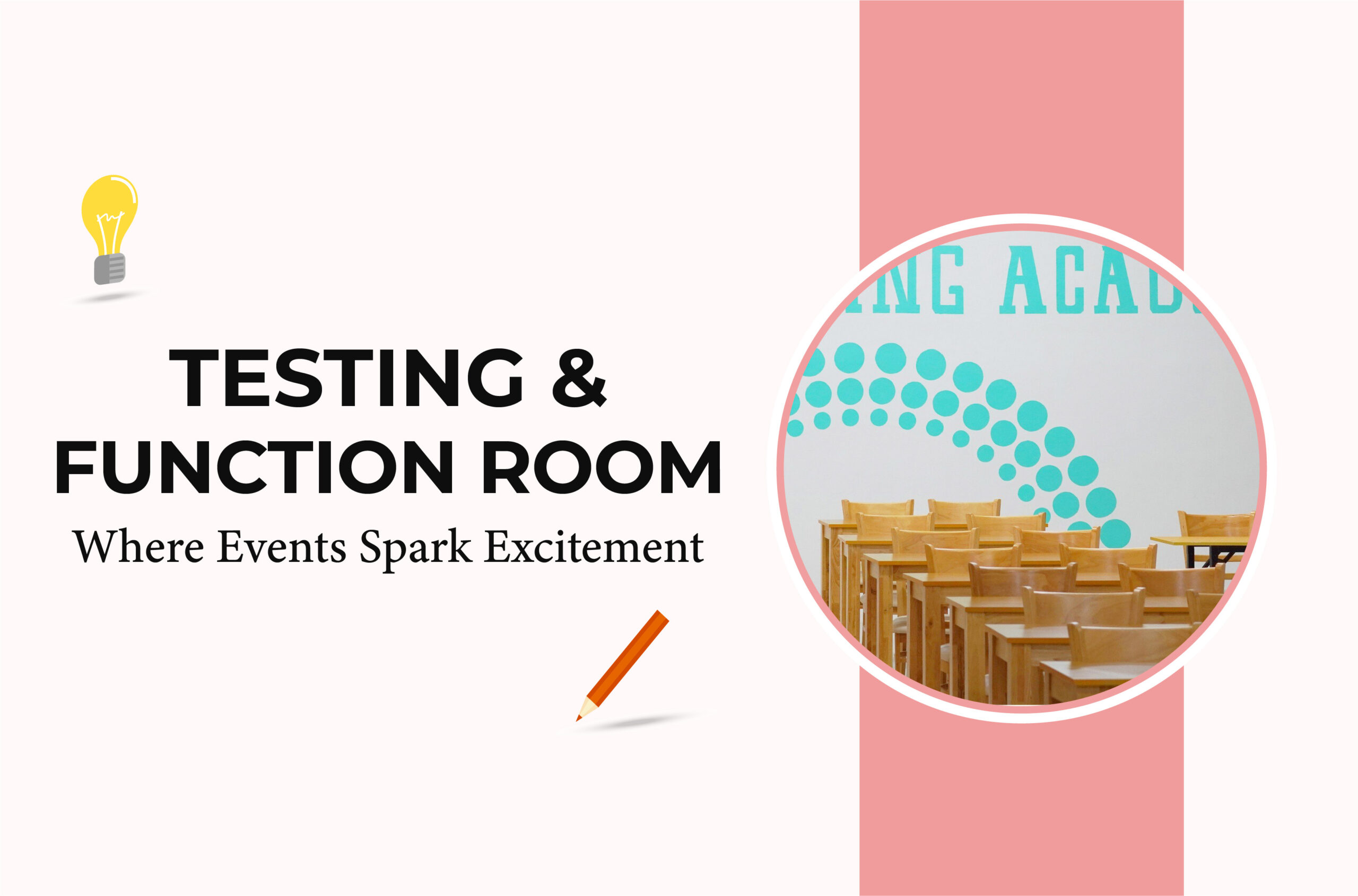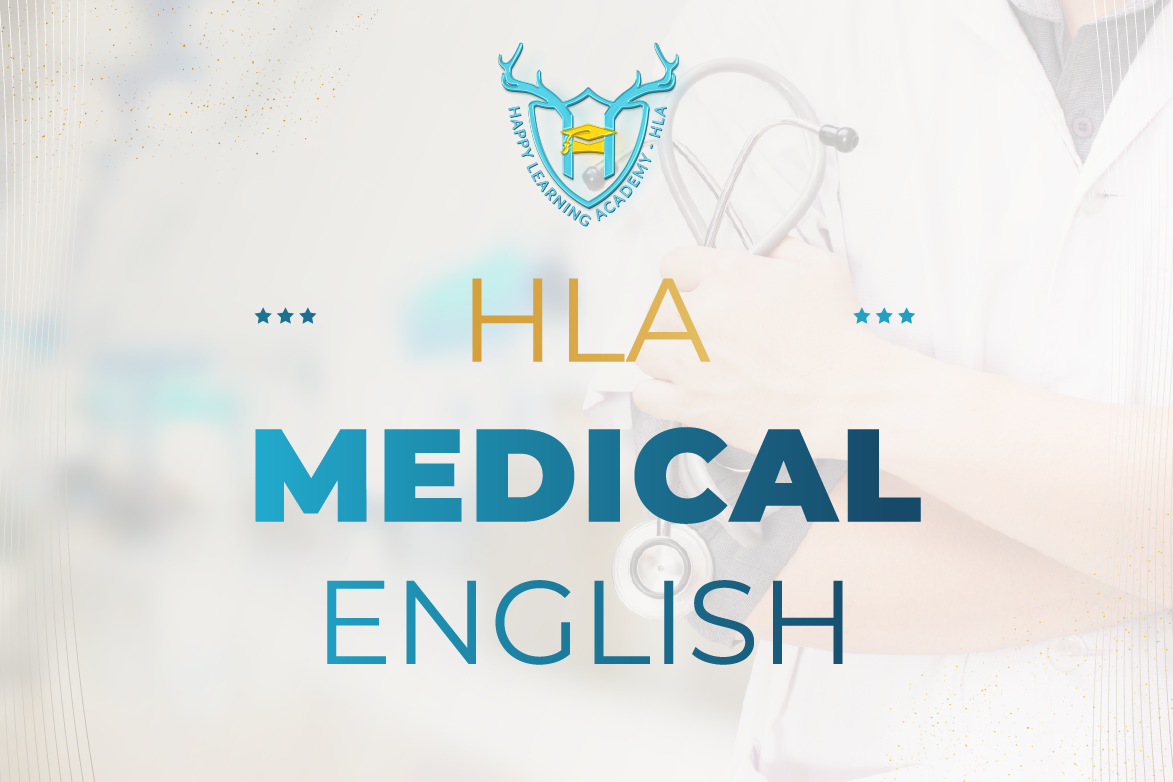
Medical English
This class is for non-native English medical students and medical professionals who seek to learn English in relation to their chosen careers where they learn terminologies needed in the medical field. Moreover, mastering the medical English vocabulary allows students to easily apply for scholarships to study medicine or be admitted to prominent medical institutions.
RECOMMENDED FOR:
– An 8-week in-depth study of the course where medical students learn English utilized in the healthcare field.
– Non-native English aspiring medical students or medical professionals who seek to enrich their vocabulary in Medical English and confidently use the language in actual settings.
– Non-native English healthcare professionals and aspirants who strive to master the English language as part of communication and importance in their field of study.
WHY STUDY MEDICAL ENGLISH IN HLA?
- HLA uses OET to assess the language proficiency of healthcare professionals in line with the Cambridge English Framework of Reference to map students’ learning and development that is timely and relative to their courses or profession.
- OET is designed to meet the specific English language needs of the healthcare sector. It assesses the language proficiency of healthcare professionals who wish to practice in an English-speaking environment and HLA wishes to meet the specific, individual, and professional needs of the students.
- Classes are tailored to develop students’ skills in four macro-skills further hence, they are closely monitored in their classes for OET subtests in listening, reading, writing, and speaking.
LEARNING GOALS:
- To know specific medical terms when writing reports in English.
- To demonstrate proficiency in English in the medical field.
- To master an array of technical terminologies in healthcare that will help students attain greater achievement in their chosen careers.
- To comprehend healthcare seminars, workshops, and conferences that use English as a medium of communication.
- To interact confidently with fellow healthcare professionals in an international environment.
Class structure per day: 4 one to one classes, 4 group classes and 1 self-study class (Essay Writing/ Music Class)
Course Highlights:
A. Integrated Approach
- Learning all the major skills with different teachers who are highly trained and have in-depth knowledge of the curriculum
B. Learner-centered
- Classes are focused on developing students’ macro and micro skills plus the usage of English in a classroom setting
- Teachers closely monitor students’ progress through feedback
C. Outcome Based Education
- Focuses on students’ evaluation to monitor progress and feedback
- Daily and weekly feedback from the teachers is done to inform students’ achievement and things that need improvements
- Special recognition and awarding of certificates at the end of the course
D. Career-focused
- Career English has its own language, structure, and conventions. It is part technical, part academic, and part every day. It has a wide variety of slang, acronyms, and colloquialisms that those outside the profession find incomprehensible. So classes are designed to allow students to have an immersive educational experience that incorporates English into their chosen career studies.
Course Requirement:
Common European Framework of Reference (CEFR)
| CEFR LEVEL | OET GRADE | OET SCORE | |
| Basic User | A1 | ||
| Basic User | A2 | E | 0-90 |
| Independent User | B1 | D | 100-190 |
| Independent User | B2 | C | 200-290 |
| Proficient User | C1 | C+ | 300-340 |
| Proficient User | C1+ | B | 350-440 |
| Proficient User | C2 | A | 450-500 |
– Classes will be available for all students with an OET score of 100 on the Entrance Test.
– Failure to reach an OET score of 100 is advised to study a General English Course or to have group classes together with General English Course students.
DAILY TIMETABLE
| TIME | TASK |
| 07:00-08:00 | Breakfast |
| 07:45-08:05 | Daily Vocabulary Test |
| 08:10-09:00 | 1st class |
| 09:05-09:55 | 2nd class |
| 10:05-10:55 | 3rd class |
| 11:00-11:50 | 4th class |
| 11:50-13:00 | Lunch |
| 13:00-13:50 | 5th class |
| 13:55-14:45 | 6th class |
| 14:50-15:40 | 7th class |
| 15:45-16:35 | 8th class |
| 16:40-17:30 | 9th class |
| 17:55-19:00 | Dinner |

Course Design:
| CLASS | CLASS TYPE | SUBJECT | DESCRIPTION |
| 1 | One to One (1:1) | Career Focus | This class allows students, through academic programs, to pinpoint their professional path and focus on one particular career field that will empower their English knowledge through thorough and in-depth study of the English language. |
| 2 | Group Class (GC) | General Skills | An integrated class that focuses on the usage of English in a practical setting. |
| 3 | One to One (1:1) | OET Writing | Take part in a writing task specific to your profession such as a document of referral, advice, or a letter of transfer or discharge. |
| 4 | Group Class (GC) | OET Listening | Participate in a range of listening assessments based on patient consultations and lectures. |
| 5 | One to One (1:1) | OET Reading | Read and understand different types of texts based on various healthcare professions and subjects. |
| 6 | Group Class (GC) | Pronunciation | A thorough practice of enunciating the words correctly to make students speak comprehensively. |
| 7 | One to One (1:1) | OET Speaking | Engage in a role-play-based speaking assessment specific to your profession with the interlocutor playing as your patient or carer. |
| 8 | Group Class (GC) | Vocabulary | A class focusing on medical terms in English is useful for the student’s chosen medical field of study. |
| 9 | Self-Study Class | Essay Writing/ Music Class | It offers sufficient time to complete tasks guided by a teacher to monitor student’s work and performance. Students can participate in music classes to learn more vocabulary and how to use words and relieve stress after class. |
Source: Happy Learning Academy – HLA
